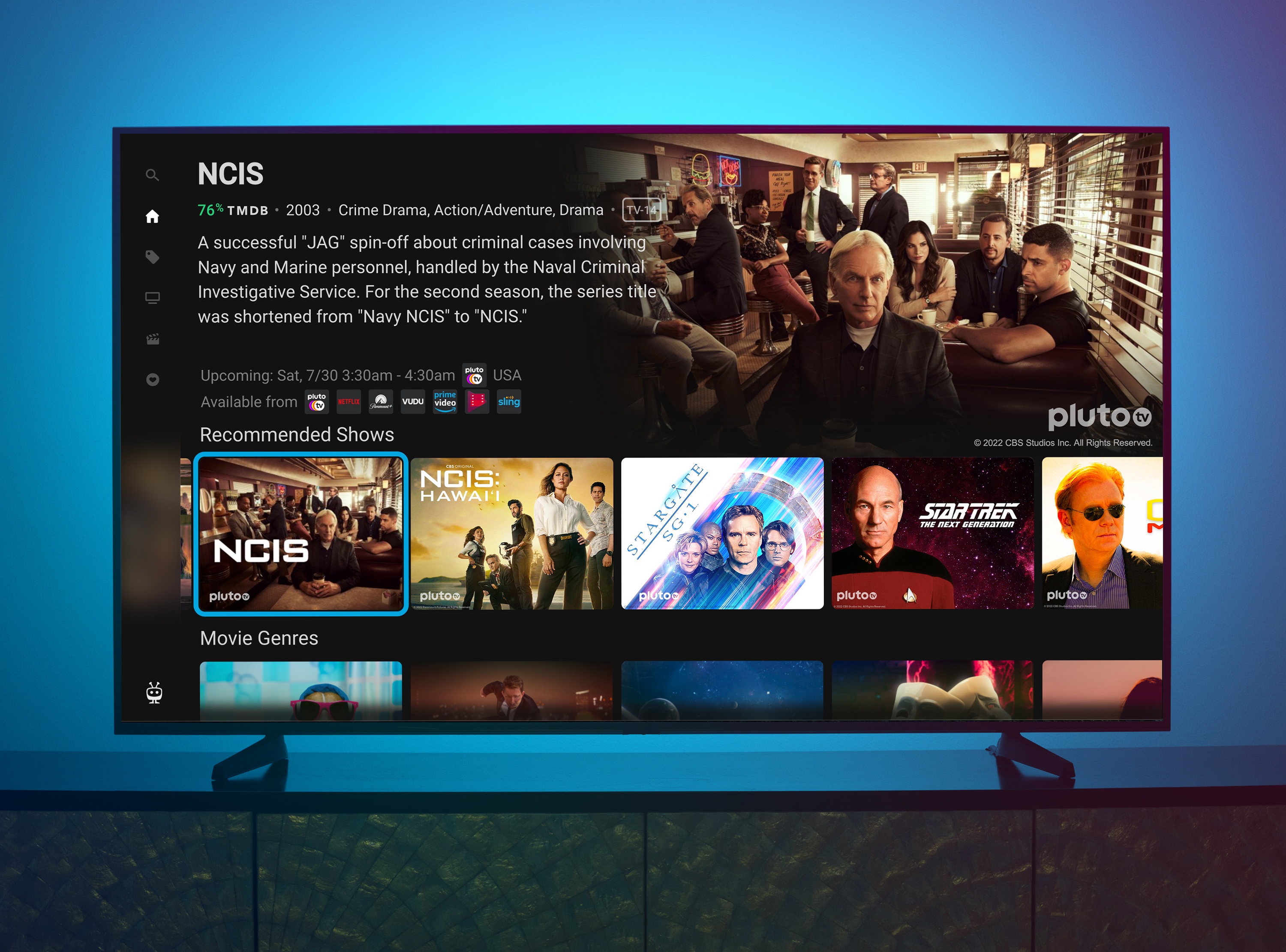Xperi CEO's Bold Declaration: TiVo OS Will Power 7 Million Smart TVs By 2026
Clapping back at Roku, Jon Kirchner also said that smart TV OEMs are not happy about Roku making its own sets

The smarter way to stay on top of the streaming and OTT industry. Sign up below.
You are now subscribed
Your newsletter sign-up was successful
Written off by the CEO of by incumbent rival Roku last week as not "significant" and facing too many obstacles to ever establish a presence in the global TVOS market, Xperi CEO Jon Kirchner used his company's fourth-quarter earnings call to issue a bold declaration.
"We expect to have a footprint of at least 7 million TVs powered by TiVo within three years, which would yield an annualized revenue run rate of approximately $140 million, while delivering meaningful margin expansion over time," Kirchner told equity analysts.
Further, Kirchner took his own shot at Roku, specifically noting the reaction of the smart TV OEM market to Roku's announcement that it will manufacture its own branded smart TV line and compete with OEM partners at retail.
"I think that announcement underscores the need for an independent media platform," Kirchner said. "We've had quite robust engagement prior to that announcement, but I would say that announcement has created some interest, as people look to engage in independent platforms.
Kirchner said that TVs powered by TiVo and manufactured by Istanbul-based Vestel, Europe's largest smart TV maker, will begin rolling out this spring under brand names including Daewoo, Regal, Hitachi, Telefunken and JVC. Xperi demonstrated those TVs at CES in Las Vegas last month to a warm reception, he said.
Xperi has also carved out a deal with Chinese smart TV OEM KTC.
Xperi's stated goal is to offer smaller and mid-range smart TV manufacturers lacking the scale and resources to create their own TVOS an alternative to incumbent solutions offered by Roku, Google and Amazon.
The smarter way to stay on top of the streaming and OTT industry. Sign up below.
TiVo's Linux-based software solution, Xperi argues, will enable these electronics makers more customization, and control over data and advanced advertising.
But as pungently expressed by Roku CEO Anthony Wood last week, Xperi and TiVo have doubters.
"That's not a significant player right now in TiVo, and it's hard for me to imagine that a new entrant would be able to gain the necessary scale and technology -- and just size of the of everything -- that's needed to be in that business. It would be quite difficult," Wood said.
Kirchner made the case Tuesday that TiVo is hardly starting from scratch, noting its extensive installed software base in the global pay TV ecosystem, as well as the retail proliferation of OTT device TiVo Stream 4K.
"We already power 30 million households now with video-based services," he said. "We are uniquely positioned as being a company that already has a very large video service business doing business all over the world over decades."
We at Next TV keep harping on it -- but Roku seems to almost consciously ignore the next big frontier in connected TV, Europe. And to us, TiVo actually seems a bit more entrenched.
Roku's currently enjoys a dominant position in the CTV market in North America -- it said it's software now powers 38% of smart TVs sold in the U.S.
But Europe is a much more wide-open TVOS market, one in which Roku is just starting out in, as well. Also worth mentioning was Xperi's $109 million purchase of Oslo-based video software company Vewd last year.
Daniel Frankel is the managing editor of Next TV, an internet publishing vertical focused on the business of video streaming. A Los Angeles-based writer and editor who has covered the media and technology industries for more than two decades, Daniel has worked on staff for publications including E! Online, Electronic Media, Mediaweek, Variety, paidContent and GigaOm. You can start living a healthier life with greater wealth and prosperity by following Daniel on Twitter today!

